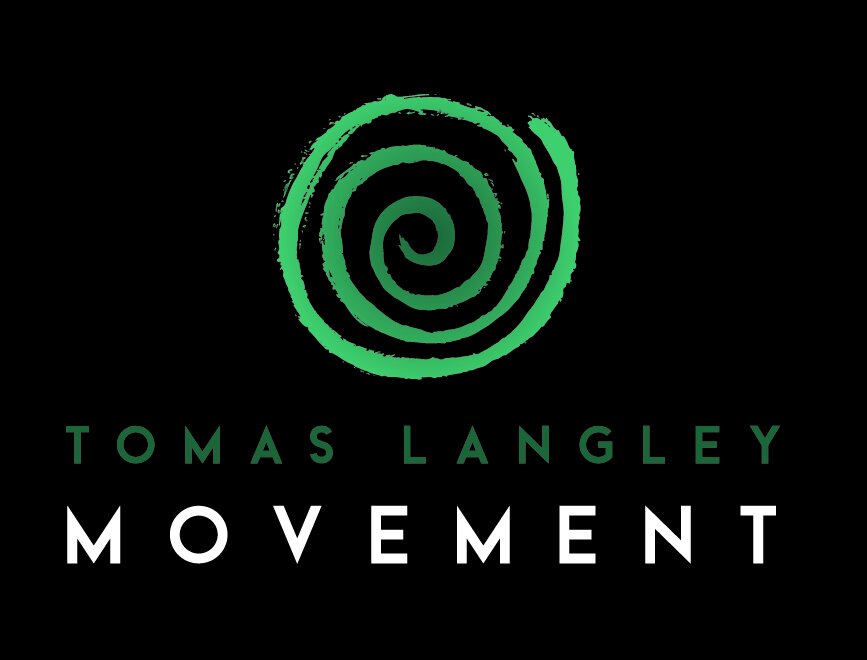I learned to cook when I was too short to reach the stove top. I had to stand on a stool to help Mum and before I knew it was making dinner for the family once in a while. So I’ve been fascinated with food for a long time.
This fascination has been there with me through everything I’ve done in my life. My interest in sustainability and the environment stems from wanting to know more about where food comes from. I’ve worked in agricultural science for nearly 10 years now because I’ve been following that curiosity. When I graduated from high school I very nearly decided to become a chef. I love cooking for my friends and family and having people gather around food. Then there’s the more recent connection between food and health that has brought me here, aiming to help people improve their experience in life through the lens of food.
I’m pretty new to coaching. I’m still establishing why I’m here and how I want to do things. Up until this week I would have described what I do as:
Help you improve your experience in life through a lens of food.
But... As I talk to more people about food, I'm starting to see that what I do is more about aligning the way you eat with the story you want to tell in life.
A client recently described me as her counsellor for her relationship with food. I’m not a trained counsellor, but I thought it was very perceptive about my approach to food and coaching. It all starts with how I define the word food.
What is food?
Food is what we eat. Food is a tool. Food is fuel. Food is life.
There are a lot of definitions of what food is. It’s pretty broad because it comes down to anything we eat is food. But the way you define something and the words you use create a story around it that effects what that thing is to you and your relationship with it.
I see food as information. A communication. A script or a story. Food delivers messages to our bodies about which hormones to switch on or off, which proteins to express, and what to do.
Sure, food contains energy (‘food is fuel’), but it also contains lots of other things that have nothing to do with energy but are critically important to a functioning human. Micronutrients, phytochemicals, zoochemicals and mycochemicals are just some of the other things in food. When you’re missing key vitamins and minerals, your body doesn’t work properly. And you feel crap and get sick. It doesn’t matter how much ‘fuel’ you’ve eaten when your body isn’t working properly.
Living organisms are not machines. They’re super complicated, self regulating, dynamic, close-to-magic, unbelievably efficient, antifragile systems. The food you eat is a way of communicating with that system.
Your thoughts, feelings and environment can also affect the processes. If you smell your favourite meal, or have positive or negative thoughts about food (or anything else), are happy and relaxed, or worried and rushing it effects the system too.
Food is a communication. It’s a story. It’s part of who you are as a person.
Disconnection from this story is a common theme I see in coaching. Whether it’s someone who is struggling to manage their weight because they can’t tell when they’re full, or an athlete who is so used to counting calories that they can’t tell when they’re full without knowing how many calories they’ve eaten. In both situations, communication has broken down.
In both cases, it’s time to figure out what food means to that person. It’s time to figure out what the story is, what information is being passed on, and understand the food story being told.
You can do this now by taking a few minutes to consider this question:
What is food? For you?
Is it information? Is it personal freedom? Is it about making environmentally sound choices? Is it reducing animal cruelty? Is it self-esteem? Maybe it’s shame?
Okay. Now consider this. What would you like food to be? Let me know in the comments.
Think as big as possible. This is a story that shapes your daily life, your health, and how you move. You have the power to change this story and food can help you to give your body the information it needs.
People come to me with goals like lose weight, feeling better, improving performance, adding muscle, getting stronger, or looking better. All of these are common stories people have about food.
I help you figure out what your food story is, what it could be, and how you can get there.
In other news, this week I started the Precision Nutrition Level 2 certification. It’s going to consolidate my experience so far coaching and help me be a better coach. I’m really excited about what my year in the program will bring.





